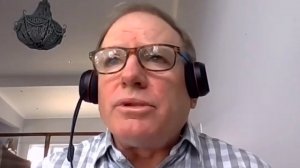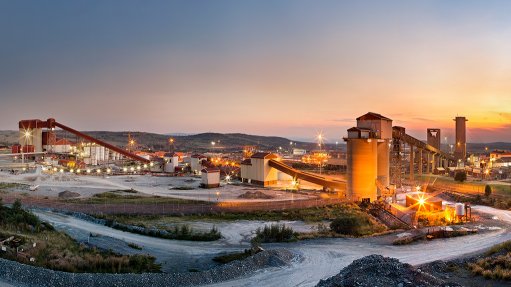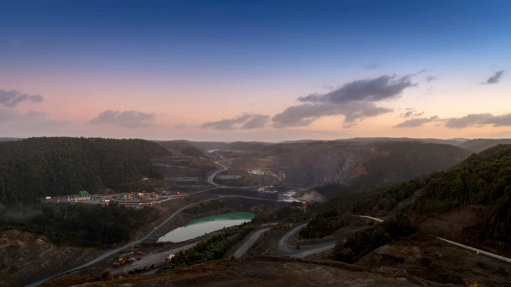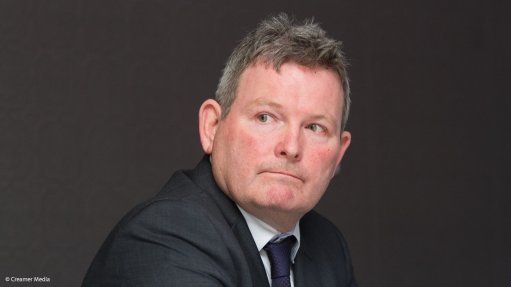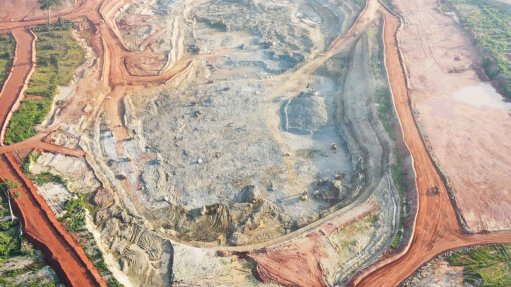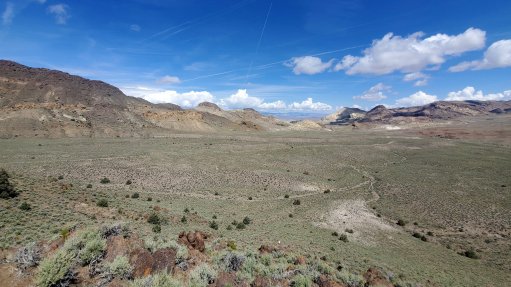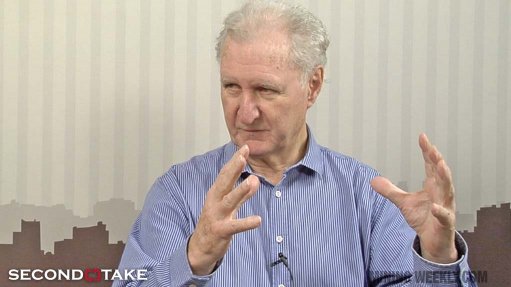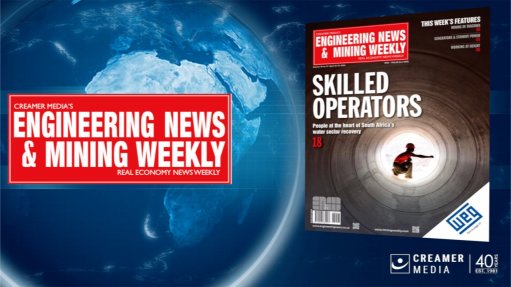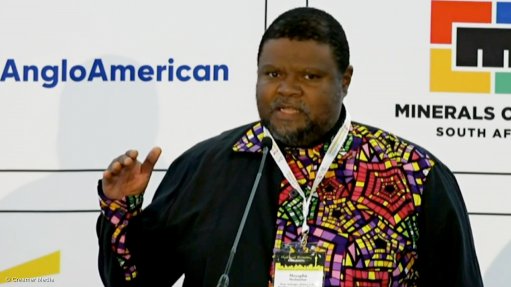Hefty electricity tariffs, persistent blackouts nudging farmers towards renewables

Nedbank national agriculture head John Hudson discusses renewable energy considerations for farmers
The agriculture sector spends about R146-billion on intermediate goods, and electricity accounts for about 94% of that cost, says industry body Agri SA chief economist Kulani Siweya.
This is helping to drive the adoption of renewable energy in the sector, as electricity tariff continue to increase and blackouts persist.
According to the World Economic Forum’s Energy Transition Index 2021, the rising electricity price is one of the major factors placing South Africa near the bottom of the list, ranking at 110 out of 115 countries.
Not only does renewable energy present an opportunity for more reliable power supply, but it also affords the producer more control over the cost of energy. This type of energy generation also holds environmental benefits, which are equally important to ensure a sustainable future.
Siweya says renewable energy is a dynamic industry and there is continuous improvement in the types of technology on offer, making solutions more cost-effective and, therefore, accessible for a wider range of users.
Nedbank national agriculture head John Hudson comments that the one positive coming out of the Covid-19 pandemic is that the Earth has been “given a year to breathe”.
It is important to preserve the environment, Hudson says, citing the World Wide Fund for Nature’s Global Living Planet Index, which indicates that the world has lost 68% of its fauna and flora species since 1970.
Nedbank’s financing strategy is underpinned by the United Nations Sustainable Development Goals, and the financial services provider makes its biggest impact through the R180-billion in loans it provides across the board every year.
While Nedbank has a clear environmental focus, it also understands that farmers need to be profitable and the bank, therefore, offers financing solutions for projects that help mitigate climate change risks, such as renewable-energy installations.
The bank has tailored funding solutions to support farmers with sustainable farming interventions, while understanding the unique circumstances applicable to craft an appropriate solution.
For farmers interested in taking up these solutions, Hudson warns that managing the energy demand and being more energy efficient are crucial before installing systems that generate alternative energy.
“The best time to consider moving your business off the grid is when you see a significant energy-security issue, such as lost production outweighing the cost of going off the grid or installing a hybrid solution.”
Table grape farmer Tokka van den Heever explains the process involved in setting up a grid-tied system, saying it starts with finding a solar company to provide a cost estimate for a generation plant, as well as a model to determine how the farmer will be able to pay back the costs.
This cost estimate letter is sent to power utility Eskom to confirm whether there is space on the transmission line to put electricity into the grid. Eskom will also do its own cost estimate.
The final budget for the entire plant, comprising the farmer’s and Eskom’s calculated costs, is then presented to the National Energy Regulator of South Africa (Nersa) for approval and the issuance of a licence to generate electricity.
In the meantime, a final agreement is reached between the producer and Eskom, stipulating supply and other terms, including time-of-use periods – peak, off-peak or standard.
Van den Heever points out that potential grid-tied generators of power should do yearly estimates on when they will be using the most electricity directly from Eskom, so that they can be prepared and do energy banking for those periods.
An exchange of electricity for electricity instead of cash is known as energy banking.
Solar photovoltaic installer Sonfin director Chris Schutte adds that Eskom allows for two types of network connections – low- or medium-voltage.
The low-voltage connection caters for solar plants smaller than 350 kW, depending on the energy farmers are going to use, as well as on specific operations. Nersa registration is required if the system is bigger than 100 kW.
Medium-voltage connections cater for bigger operations, typically large commercial operations with cooling facilities and irrigation. Eskom allows offsetting up to 1 MW. This also requires Nersa registration and a banking agreement.
Comments
Press Office
Announcements
What's On
Subscribe to improve your user experience...
Option 1 (equivalent of R125 a month):
Receive a weekly copy of Creamer Media's Engineering News & Mining Weekly magazine
(print copy for those in South Africa and e-magazine for those outside of South Africa)
Receive daily email newsletters
Access to full search results
Access archive of magazine back copies
Access to Projects in Progress
Access to ONE Research Report of your choice in PDF format
Option 2 (equivalent of R375 a month):
All benefits from Option 1
PLUS
Access to Creamer Media's Research Channel Africa for ALL Research Reports, in PDF format, on various industrial and mining sectors
including Electricity; Water; Energy Transition; Hydrogen; Roads, Rail and Ports; Coal; Gold; Platinum; Battery Metals; etc.
Already a subscriber?
Forgotten your password?
Receive weekly copy of Creamer Media's Engineering News & Mining Weekly magazine (print copy for those in South Africa and e-magazine for those outside of South Africa)
➕
Recieve daily email newsletters
➕
Access to full search results
➕
Access archive of magazine back copies
➕
Access to Projects in Progress
➕
Access to ONE Research Report of your choice in PDF format
RESEARCH CHANNEL AFRICA
R4500 (equivalent of R375 a month)
SUBSCRIBEAll benefits from Option 1
➕
Access to Creamer Media's Research Channel Africa for ALL Research Reports on various industrial and mining sectors, in PDF format, including on:
Electricity
➕
Water
➕
Energy Transition
➕
Hydrogen
➕
Roads, Rail and Ports
➕
Coal
➕
Gold
➕
Platinum
➕
Battery Metals
➕
etc.
Receive all benefits from Option 1 or Option 2 delivered to numerous people at your company
➕
Multiple User names and Passwords for simultaneous log-ins
➕
Intranet integration access to all in your organisation


